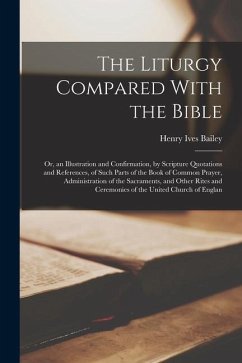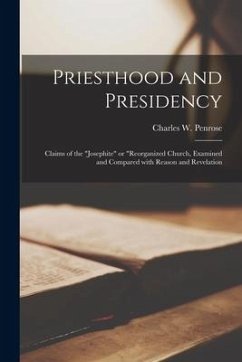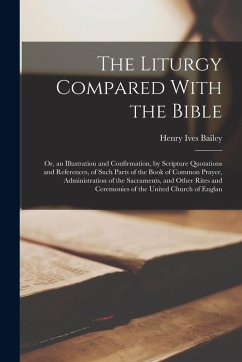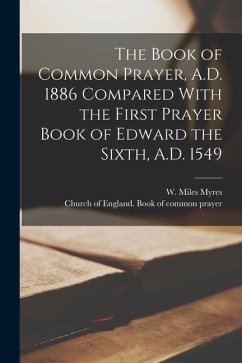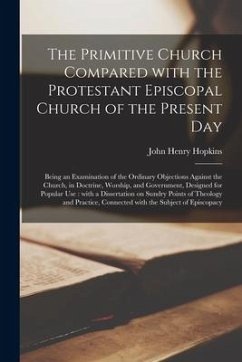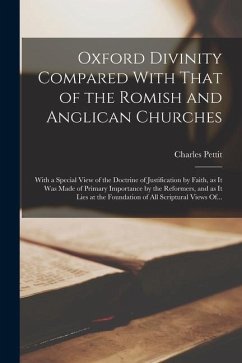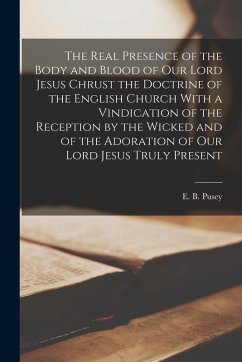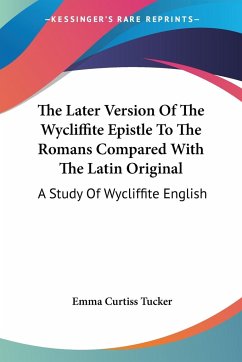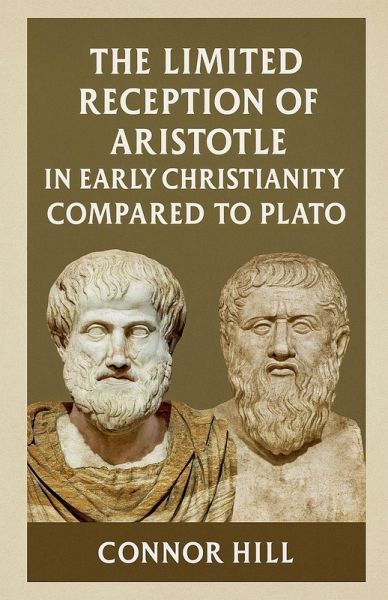
The Limited Reception of Aristotle in Early Christianity Compared to Plato
Versandkostenfrei!
Versandfertig in 1-2 Wochen
16,99 €
inkl. MwSt.

PAYBACK Punkte
8 °P sammeln!
Why did early Christians embrace Plato but keep Aristotle at arm's length? In this groundbreaking intellectual history, the author reveals how this philosophical preference shaped Western thought for over a millennium. When Christianity emerged from its Jewish origins into the Greco-Roman world, it encountered sophisticated philosophical traditions that had defined Mediterranean intellectual culture for centuries. Faced with these intellectual giants, early Christian thinkers made a consequential choice: they warmly embraced Plato's idealistic vision while treating Aristotle's naturalistic app...
Why did early Christians embrace Plato but keep Aristotle at arm's length? In this groundbreaking intellectual history, the author reveals how this philosophical preference shaped Western thought for over a millennium. When Christianity emerged from its Jewish origins into the Greco-Roman world, it encountered sophisticated philosophical traditions that had defined Mediterranean intellectual culture for centuries. Faced with these intellectual giants, early Christian thinkers made a consequential choice: they warmly embraced Plato's idealistic vision while treating Aristotle's naturalistic approach with caution and sometimes suspicion. This book takes readers on a fascinating journey through the formative centuries of Christian thought, revealing how this philosophical favoritism was neither arbitrary nor inevitable. From Justin Martyr's encounter with Platonism in second-century Rome to Augustine's transformative reading of "the books of the Platonists" in fourth-century Milan to Boethius's tragic attempt to translate all of Aristotle for a Latin audience, the author weaves together intellectual biography, textual detective work, and theological analysis to explain this momentous philosophical preference. The consequences of this preference extended far beyond academic debates. The author shows how Platonic concepts shaped Christian mystical traditions, sacramental theology, and spiritual practices across denominations. Only in the High Middle Ages would Thomas Aquinas and others finally achieve a comprehensive integration of Aristotelian philosophy with Christian doctrine-a synthesis that would transform Western intellectual life. Written with clarity and depth, this book illuminates not just a chapter in intellectual history but a pattern that continues to this day: how religious traditions selectively engage with philosophical ideas, transforming both in the process. For anyone interested in the intersection of faith and reason, or how ancient debates continue to shape our intellectual world, this book provides essential insights into one of Western civilization's most consequential philosophical turning points.



